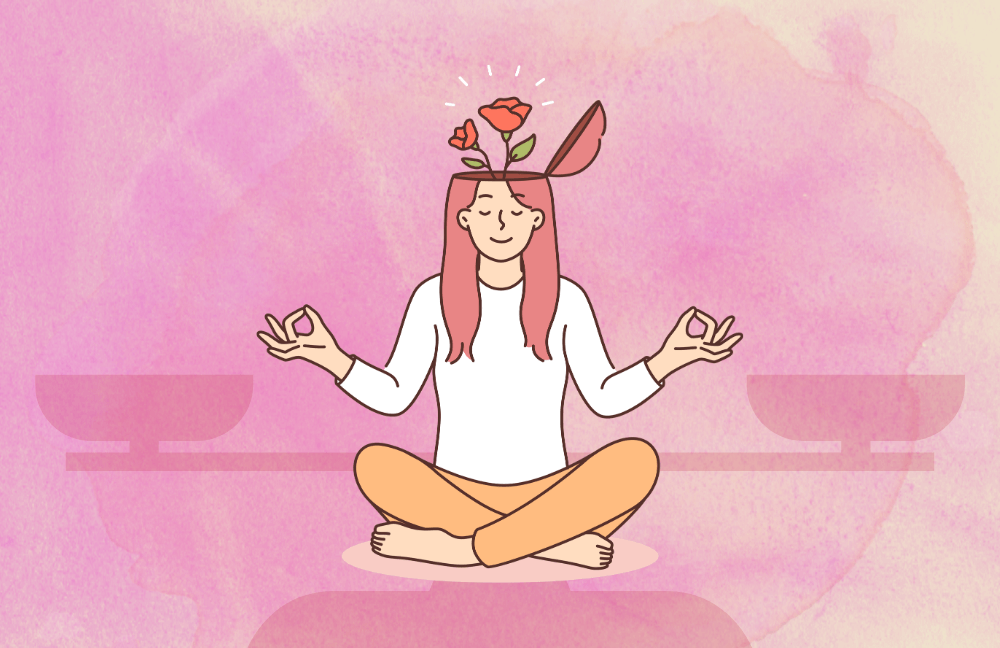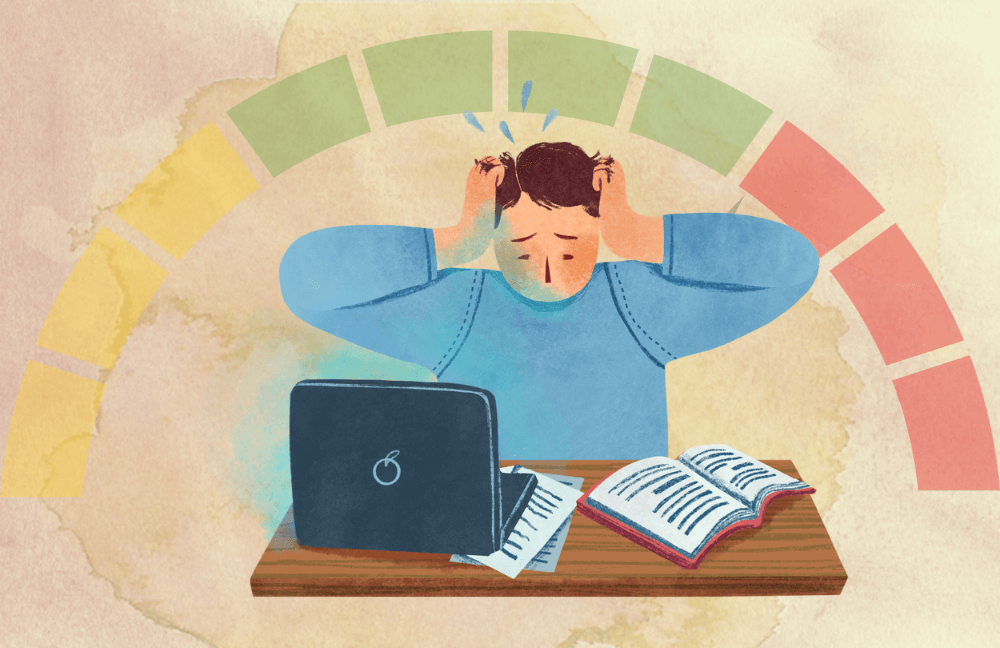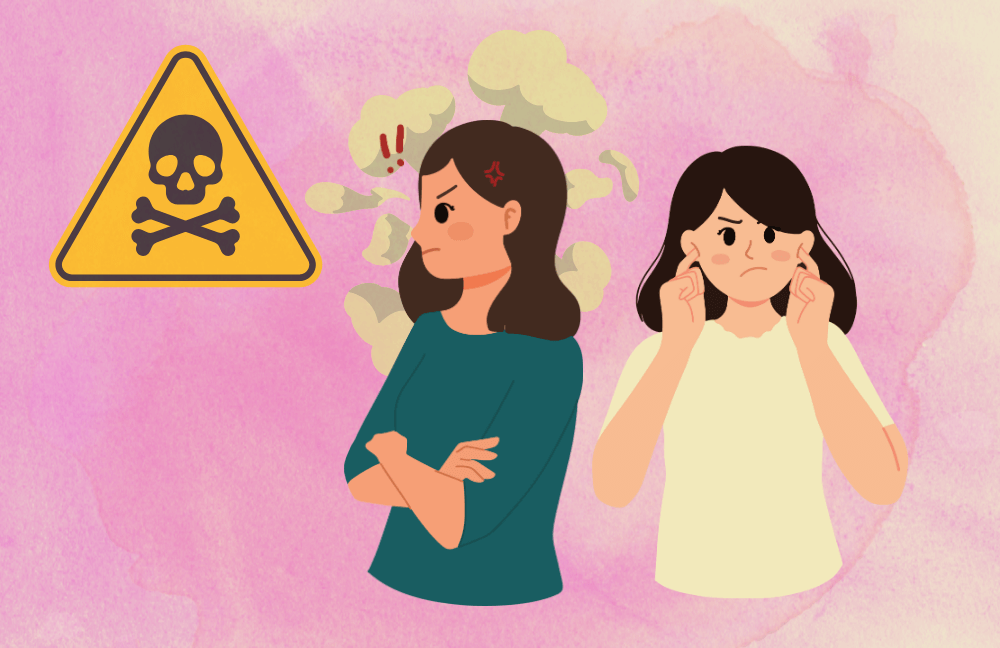
- Home
- About
- Book a Session
- Get Help
Personality
Relationships
Adult
Child
Schools
Corporates
- Do I need help?
- Trending
When Annie got the new job offer, she needed to celebrate. ‘It’s party time!’ she said. She ordered a 12-inch double cheese burst pizza, Napolitano pasta, garlic bread, large fries and a chocolate chip Oreo shake. By the time she reached home, the food was at her doorstep. No there weren’t 3 friends waiting to celebrate with her. It was just she.
As she took the boxes of food in and began to gorge, she felt the saline burst of tears. She was alone. It hit hard to not have anyone to celebrate her success with. Her divorce hadn’t been digested completely, not yet. She knew this was wrong; clearly not part of the diet plan suggested post her 19-kilogram weight gain in the past 11 months. Of course, she accepted that she felt miserable. But she couldn’t seem to do anything about it. Food had become her true and only friend. How and why would she let go? Her food and mood were clearly connected but she refused to see it.
Many of us have lost our appetite when we’re worked up, or binged on snacks when depressed. Pizza and pasta are (de) famed as comfort foods while chocolate and cheese are best friends of many women during their monthly period. Sweets satiate us, yet get us groggy and inattentive. And while coffee alerts us, it may unfortunately also make us anxious. Moods impact food, and what we ingest is capable of influencing our mood in more ways than we realistically comprehend. If we understand better how our brains are wired to intermingle the two, it becomes easier to gain control over both – food and mood.
“Good food choices are like good investments. They give good returns. You never know what’s going to happen but you can’t start off knowing it’s the wrong thing to do.”
- Shefali Batra
While it would be ideal if we all would ‘eat enough to live’, most of us eat for more than nourishment. Food offers comfort, and is gratifying. From the moment one is born, the mother’s milk appeases and satiates. Hurt, pain, illness or cold; milk is quieting and reassuring for the infant. As we grow older and enjoy what we eat, we attune our brain to the burst of dopamine (the body’s reward chemical) whenever we eat our favored items.
“Emotional eating doesn’t heal emotional issues. It’s like taking medicine for a headache and expecting the diarrhea to go away. In the end you’re left with side effects of the wrong pill, and of course the diarrhea stays.”
- Shefali Batra
Dopamine offers a sense of wellbeing; and when we eat what we love, it convinces us that food = gratification. This is why we turn to our unique comfort foods when we’re low or upset or stressed. Each to their own; we eat what we like because it helps us feel better. Not everyone binges on pizza or chocolate, but we all bank on our favorites in our distinctive emotional emergencies, all of which lead us to stress eating.
- Logic (I have eaten enough as per my daily meal plan)
- Emotion (I will resist eating more even if I want more)
- Physical cues (There is no more space in my stomach)
When we feel emotionally optimal, we are mindful of our diet (like we are about everything). We choose healthy food, eat it in the right amount, and resist even if we feel tempted for more. In extreme emotional states (happiness, sadness or anxiety) this satiety center responds erratically to food cues. We become food unconscious.
We then munch on peanuts, chocolates or wafers and indulge in overeating without realizing we don’t need, or even want to. Or we lose our appetite and sense we’ve eaten a lot when we actually haven’t eaten anything. Mindful eating keeps us aware of what we eat, when we eat it and why we eat how much we do. In extreme emotional states we aren’t mindful of anything, leave alone food. And when stressed, we’re mindless about everything.

The reward center of the brain releases dopamine when we are happy. A bonus, promotion, holiday, birthday, marriage and childbirth, a new home, car or job, all make us happy. So do alcohol, smoking, ice cream, wafers, cheese, chocolate, candy or peanut butter. If we have enough of the former, we don’t need the latter. But when there’s nothing else to stimulate the reward center, food is an easy filler.
With due scientific evidence, sugar and fat in chocolate and ice cream do have a calming effect on the mind. Eating hence becomes a compulsion just like alcohol or nicotine, to those who drink or smoke to reduce stress. And stress eating becomes a norm. Breaking the overeating habit is like working to overcome an addiction. The easiest substitute is to replace this with a dopamine booster that has fewer calories, maybe exercise or music or dance or coffee with a friend. But it takes self-control and emotional awareness to reach there. Until then, the addiction to food and the reward of bingeing continues.
“Give food the attention it deserves. Eat because you really want to eat. Enjoy what you eat. Relish it. Be thankful for it. Eat mindfully.”
- Shefali Batra
What goes into our gut provides emotional relief and connects us with culture. Inappropriate eating can be anxiety provoking; and yet healthy eating can prevent depression. We work hard for our daily bread and we want to have it with butter or jam or cheese or olive spread. But when this gets associated with guilt, we’re either eating wrong or perceiving our eating habits wrong.
Read through the 6 signs of emotional eating to know if you’re prey to this problem. A rain-check on your caloric target, how much your body really needs, observing your food motivation in response to your mood; and above all conscious, mindful and sensible eating can offer control over your foods and moods, and help you overcome emotional eating.





WhatsApp us